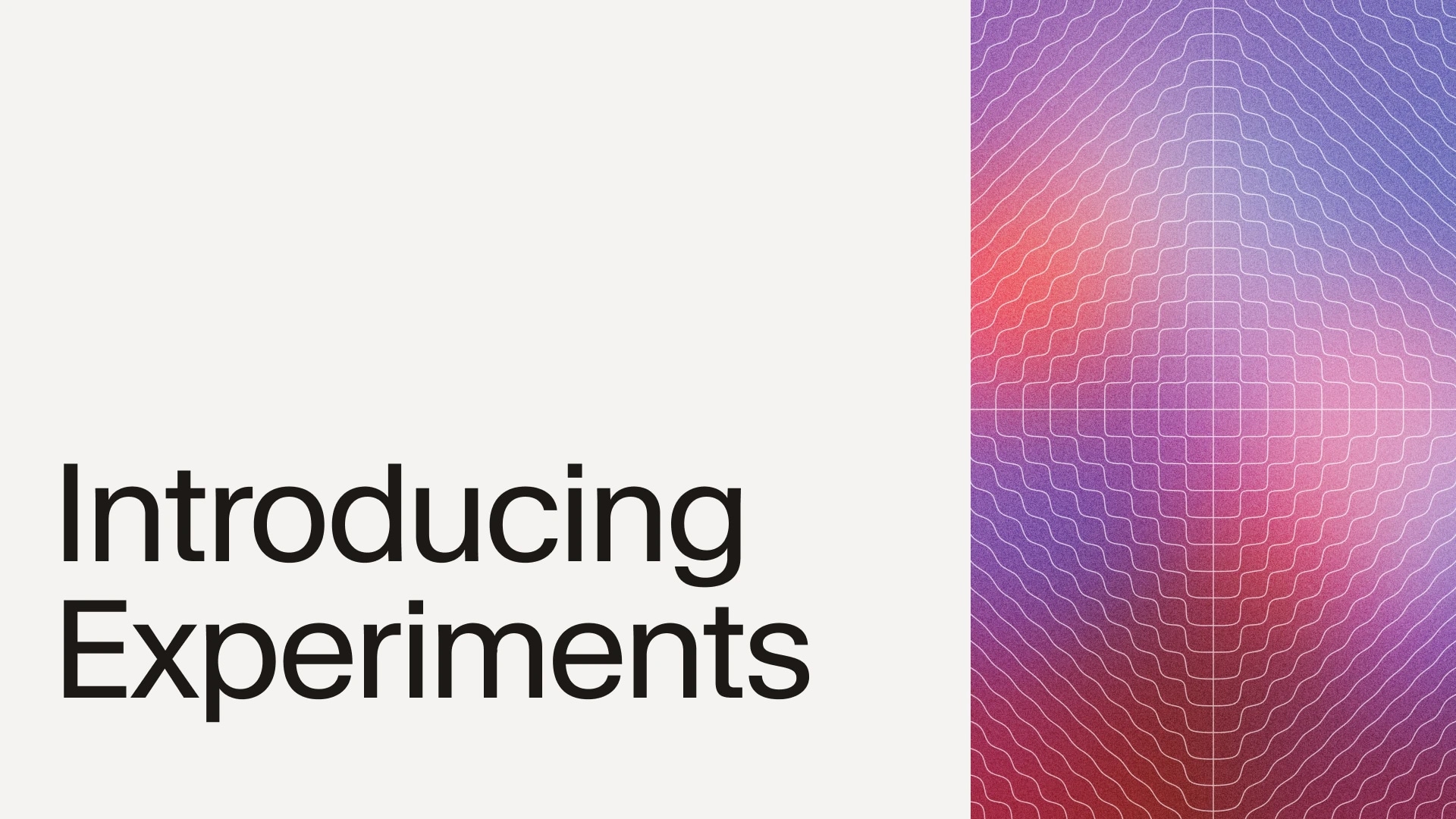
Cornell lecturer creates an AI-powered teaching assistant
Making AI education accessible and engaging
Lutz Finger is a data science and product management expert, with a career spanning roles at LinkedIn, Google, and Snapchat. Now a faculty member at Cornell University, he set out to create an online certificate program to teach learners how to prototype and build AI-driven products and solutions while gaining skills in prompt engineering, machine learning, and data handling.
The certificate, Designing and Building AI Solutions—includes some topics like back propagation and Neural Networks —which can be incredibly technical. To keep students engaged and make the content more digestible, Lutz brought in an AI co-lecturer, voiced by ElevenLabs.

Making AI education accessible and engaging
Lutz’s courses feature over 100 hours of AI content and one of its key differentiators is the innovative use of an AI agent named S.A.I. (Sentient AI).
S.A.I is an AI teaching assistant, interacting with Lutz and turning potentially dry content into memorable interactions. For example, in one exchange, S.A.I. says, "I think," to which Lutz quips, "I don't think you think, I think you just have weights"—a playful nod to the inner workings of AI models.
When creating S.A.I., Lutz wanted to use Kenneth Cukier’s voice. Kenneth is a leading tech writer with a confident, smooth voice, and someone who Lutz knows personally. It was the perfect match.
Excited by the project, Kenneth offered to be paid just $1—but ever the technologist, Lutz decided to pay him $404 (a nod to the famous "Not Found" HTTP error code).
Overcoming scheduling conflicts
To save Kenneth time, Lutz attempted to make the voice clone on Kenneth’s behalf, only to be blocked by our voiceCAPTCHA security mechanism. Once they found time with Kenneth to confirm his consent on our site they were ready to start creating the content.
The team at eCornell worked extensively to perfect the pronunciations. Initially, Lutz created scripts and recorded in-studio, responding to real-time ElevenLabs generations. Later iterations refined the voice in post-production.
To test the result, Lutz sent recordings of S.A.I to Kenneth’s wife and asked if that was him. She replied by saying she knew it wasn’t, but not because of the voice. The only ‘tell’? He used phrases he’d never normally say.
Expanding the horizons of online education
The success of Lutz’s course demonstrates how AI audio can enhance educational content and provide better outcomes for learners. S.A.I adds a fun twist to the courses. Students don’t just learn how AI operates in theory—they get to see it in action. S.A.I brings the content to life in front of their eyes.
We’re thrilled to see AI Audio being used to make educational content more accessible. By making content available in any language and voice, educators can reach more students and keep them engaged.
Explore articles by the ElevenLabs team


Introducing Experiments in ElevenAgents
The most data-driven way to improve real-world agent performance.

